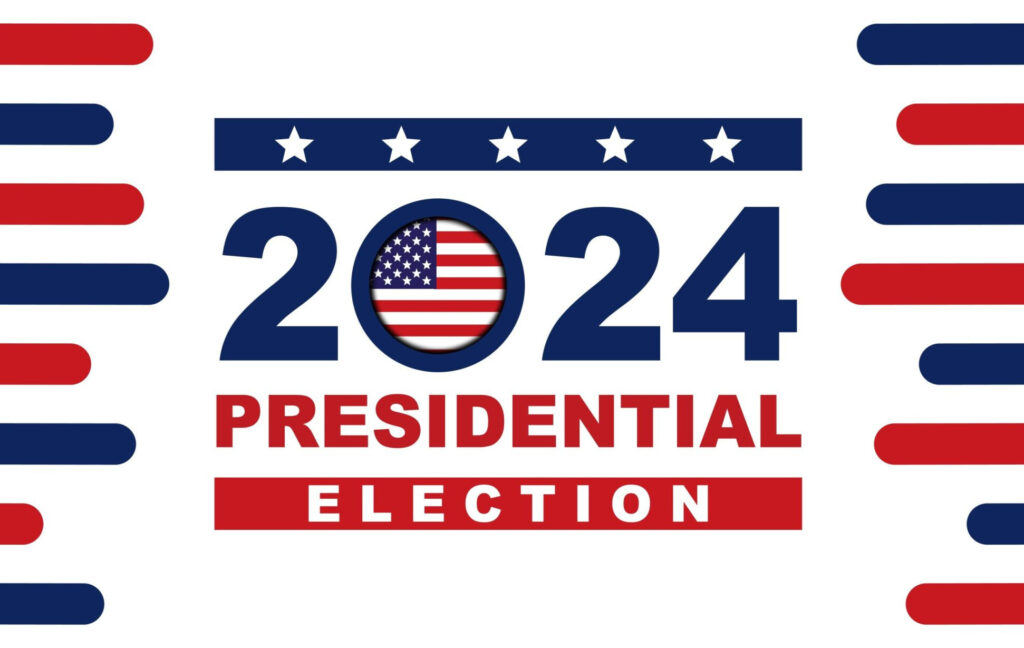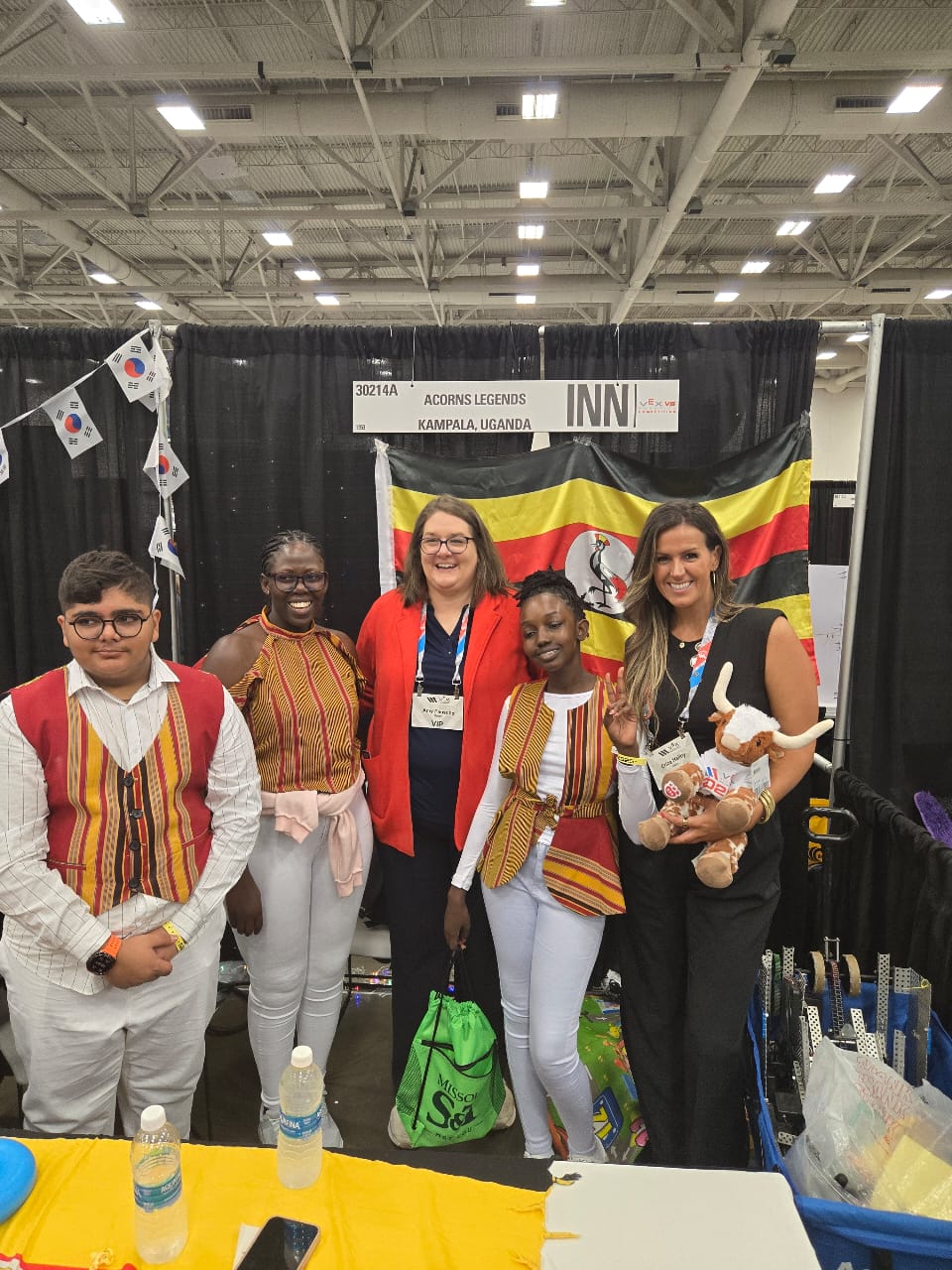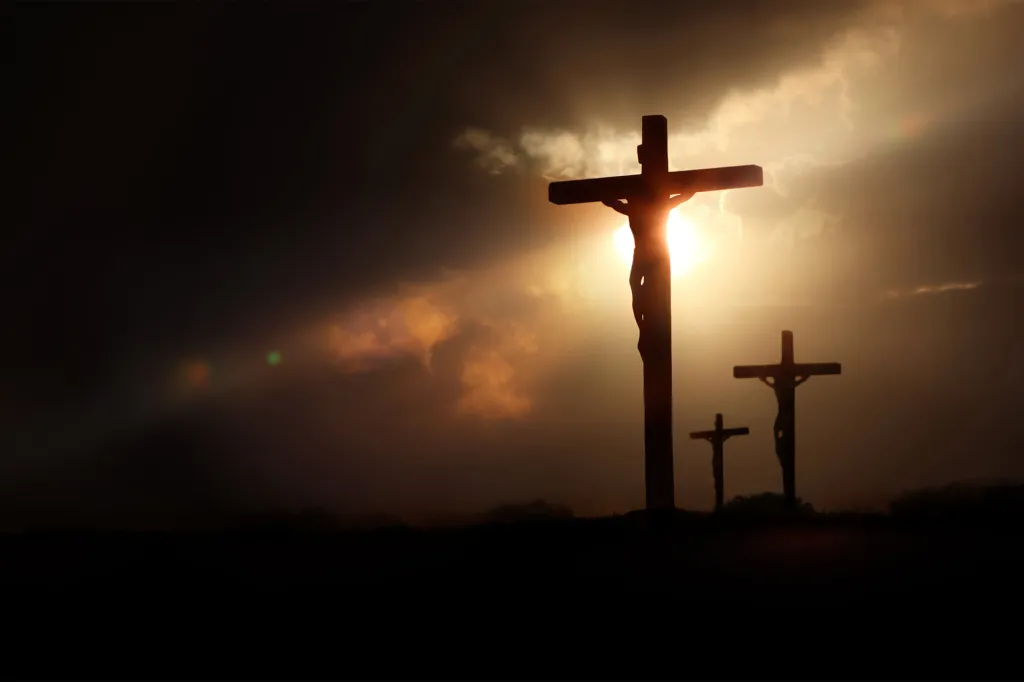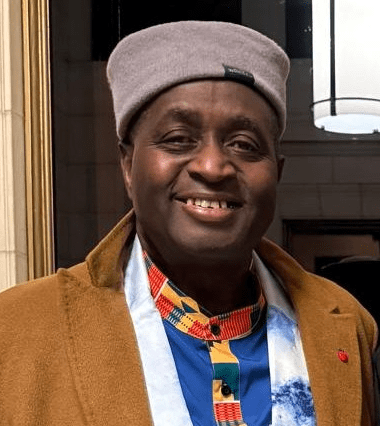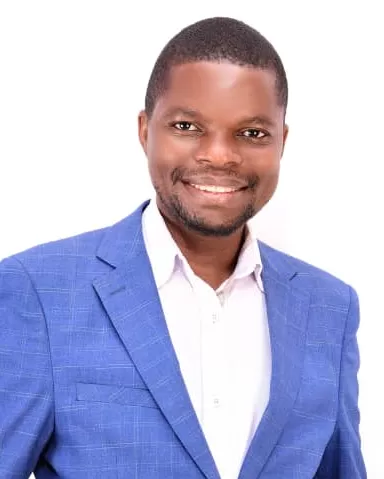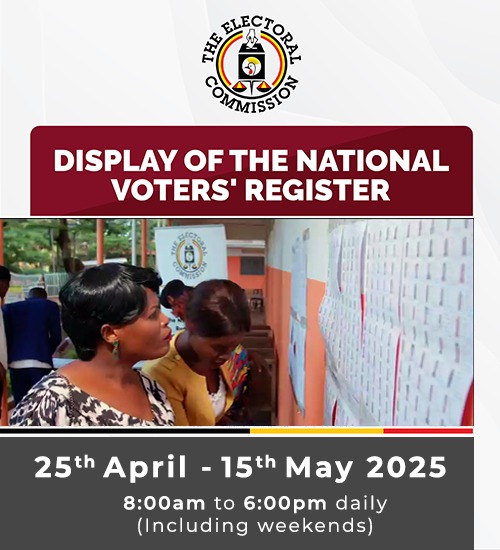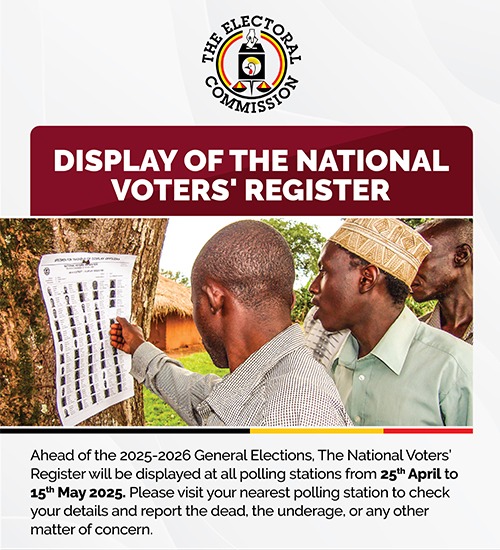By Sarah Ngabi
Americans head to the polls on November 5th, and Donald J. Trump, the Republican Party nominee, could win re-election.
This would be a nightmare for his detractors but exactly what his Make America Great Again (MAGA) base desires.
Incumbent Joe Biden eventually bowed out of the race, endorsing his 59-year-old Vice President Kamala Harris to replace him.
The drama in U.S. politics has been intense, starting with the June 27th Presidential Debate hosted by CNN. Many analysts say Trump won, with Biden appearing frail, coughing, and stuttering, leading to concerns about his mental health.
Allegations of dementia were amplified after Biden mixed up names at the NATO Summit, introducing Ukraine’s President as Vladimir Putin and later referencing Vice President Harris as Donald Trump. These gaffes led to a major dip in polls, with Trump leading in several swing states by up to six percentage points.
Biden’s health and cognitive abilities were put into question, and it became clear that at 81, he struggled to keep up with the demands of the presidency.
While Biden has always been known for his empathy and diplomacy, his frail demeanor and frequent memory lapses made voters uncomfortable. His slow, shaky walk and signs of exhaustion fueled further doubts.
Meanwhile, Trump, despite being 78, projected an image of energy and vigor. While age was a major topic, with both candidates over the official U.S. retirement age of 67, Trump managed to look and sound stronger compared to Biden.
Voters, particularly Republicans, admired his resilience. However, the U.S. still struggled with the question: how could a nation of 330 million people have only these two elderly men as their top presidential candidates?
The two-party system in America has limited voter choice, and third-party candidates rarely poll more than 10%. The deeply entrenched Democratic and Republican dominance perpetuates a flawed system where candidates spend billions campaigning and spend much of their time in office appeasing donors.
The cycle leaves little room for actual governance, which is why some suggest a radical alternative: outsourcing the U.S. presidency.
It sounds extreme, but if corporations like Nike, Apple, and Microsoft can outsource operations to improve efficiency, why can’t the U.S. outsource leadership? In years when no suitable candidates emerge domestically, why not consider leaders from Africa, Europe, or Asia?
Imagine the possibilities. An outsider, unburdened by party politics, could focus solely on executing the responsibilities of the office.
A neutral committee could vet candidates based on their experience, leadership skills, and global perspective. If the chosen president doesn’t deliver, they could be replaced—just like any underperforming CEO.
Among Africa’s potential candidates, one outstanding name is Dame Graça Machel. Aged 78, she brings decades of leadership experience.
As the widow of two former presidents—Mozambique’s Samora Machel and South Africa’s Nelson Mandela—Graça’s humanitarian efforts have earned her global accolades.
She’s a member of several prestigious organizations, including The Elders, advocating for peace, democracy, and women’s rights. Her vast experience in diplomacy and development could bring a fresh, empathetic approach to U.S. politics.
Another potential candidate is Winnie Byanyima, wife of Uganda’s opposition leader Kizza Besigye. An aeronautical engineer with a Master’s in Mechanical Engineering, Byanyima is also a seasoned politician and diplomat.
She has fought for human rights and women’s empowerment throughout her career, serving as Executive Director of Oxfam International and now as UNAIDS Director. Byanyima’s outspokenness, eloquence, and deep understanding of global affairs make her a formidable candidate who could outshine Trump in any debate.
Ousmane Sonko of Senegal also brings an interesting profile. Once a popular opposition leader, Sonko now serves as Prime Minister following his release from prison after dramatic protests against the incumbent government.
His youth, charisma, and political savvy could provide the fresh perspective Americans need. Sonko’s appeal lies in his grassroots popularity, which mirrors the anti-establishment sentiment Trump harnessed during his rise.
Then there’s Kenya’s Raila Odinga. Despite being 79, Odinga has the experience to rival any global leader. Having run for Kenya’s presidency five times and lost, he has been Prime Minister, opposition leader, and even served as the African Union’s representative for infrastructure development. Odinga’s resilience, determination, and commitment to democratic processes are qualities that would resonate with many disillusioned American voters.
However, even if Trump wins re-election, he faces numerous legal battles. Despite his pending court cases, from overstating business earnings to mishandling classified information, Trump’s base remains loyal.
His recent survival of a second assassination attempt has only galvanized his supporters.
In the first incident, Trump, a staunch gun-rights advocate, was targeted by a young registered Republican using an AR-15, the same firearm at the center of America’s gun violence epidemic.
Ironically, it’s Trump’s party that consistently blocks gun control legislation. If the tables were turned and a Democrat was the target, Trump would likely blame the victim rather than the shooter.
In the wake of the shooting, Trump, never one to miss an opportunity, painted himself as a victim, crediting “divine intervention” for saving him.
He even used the attack to rally his “Beautiful Christians” for more votes. Yet, despite the irony of a pro-gun president nearly falling victim to gun violence, his base sees him as untouchable.
Trump’s manipulation of the U.S. Supreme Court also plays into his strategy. By appointing conservative justices during his presidency, Trump helped shift the court’s balance, leading to rulings that have undone key rights, including reproductive freedoms.
As Trump’s influence grows, many fear he could push for constitutional amendments to further entrench his power, possibly extending his presidency beyond 2028.
Outsourcing the presidency might seem far-fetched, but given the current state of American politics, it’s clear that new ideas are needed.
Whether it’s electing a strong, capable leader from within or considering innovative global options, the U.S. needs to rethink its approach to governance.
With leaders like Graça Machel, Winnie Byanyima, and Raila Odinga offering fresh perspectives, perhaps it’s time for America to look beyond its borders for solutions.
The writer is a Freelance Journalist and can be reached at ngabisar@gmail.com

